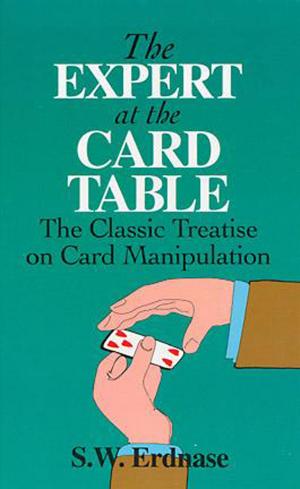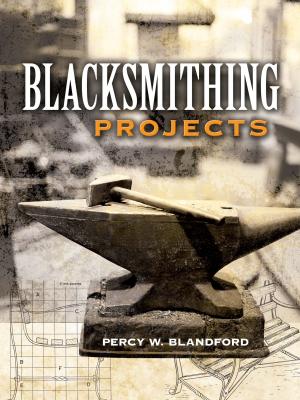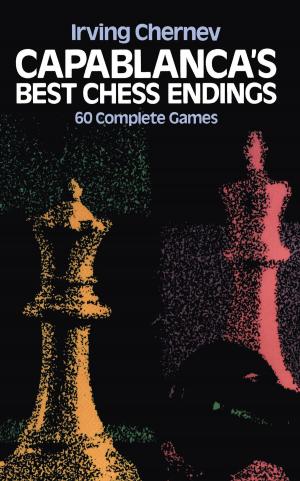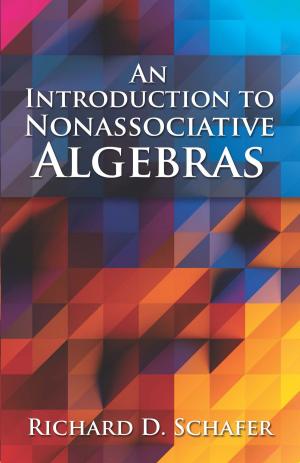| Author: | Alfred S. Posamentier, Charles T. Salkind | ISBN: | 9780486131542 |
| Publisher: | Dover Publications | Publication: | May 4, 2012 |
| Imprint: | Dover Publications | Language: | English |
| Author: | Alfred S. Posamentier, Charles T. Salkind |
| ISBN: | 9780486131542 |
| Publisher: | Dover Publications |
| Publication: | May 4, 2012 |
| Imprint: | Dover Publications |
| Language: | English |
Designed for high-school students and teachers with an interest in mathematical problem-solving, this stimulating collection includes more than 300 problems that are "off the beaten path" — i.e., problems that give a new twist to familiar topics that introduce unfamiliar topics. With few exceptions, their solution requires little more than some knowledge of elementary algebra, though a dash of ingenuity may help.
Readers will find here thought-provoking posers involving equations and inequalities, diophantine equations, number theory, quadratic equations, logarithms, combinations and probability, and much more. The problems range from fairly easy to difficult, and many have extensions or variations the author calls "challenges."
By studying these nonroutine problems, students will not only stimulate and develop problem-solving skills, they will acquire valuable underpinnings for more advanced work in mathematics.
Designed for high-school students and teachers with an interest in mathematical problem-solving, this stimulating collection includes more than 300 problems that are "off the beaten path" — i.e., problems that give a new twist to familiar topics that introduce unfamiliar topics. With few exceptions, their solution requires little more than some knowledge of elementary algebra, though a dash of ingenuity may help.
Readers will find here thought-provoking posers involving equations and inequalities, diophantine equations, number theory, quadratic equations, logarithms, combinations and probability, and much more. The problems range from fairly easy to difficult, and many have extensions or variations the author calls "challenges."
By studying these nonroutine problems, students will not only stimulate and develop problem-solving skills, they will acquire valuable underpinnings for more advanced work in mathematics.















